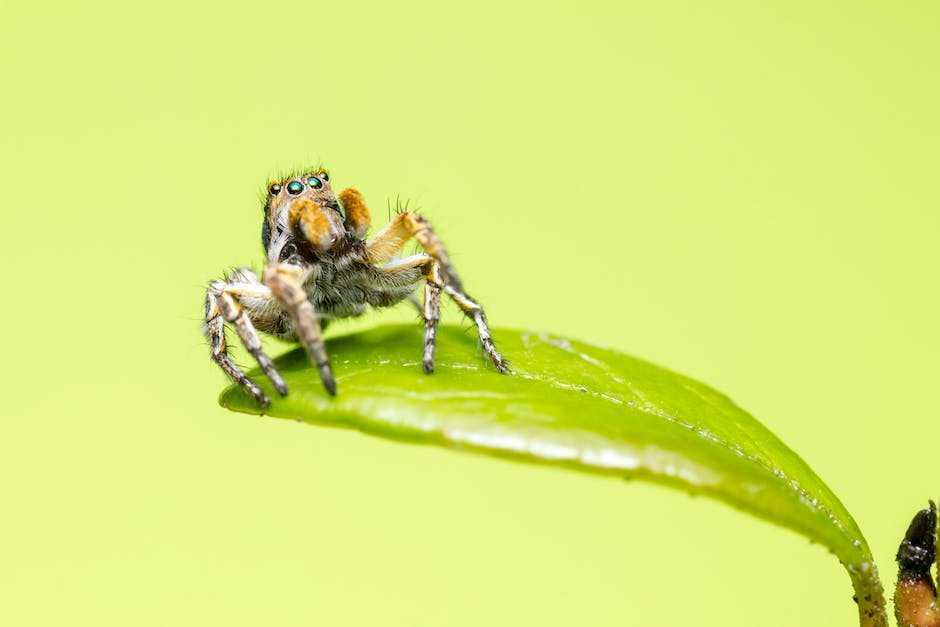
Contents
What are the top 10 most dangerous parasites?
Parasites have the potential to cause serious health problems for both humans and animals if left untreated. Fortunately, the vast majority of parasites can be prevented and eliminated with proper hygiene, treatment, and prevention. Here are the top 10 most dangerous parasites and how to avoid them.
1. Malaria
Malaria is a parasitic infection caused by Plasmodium parasites. It is spread by the bite of an infected mosquito, and is one of the most dangerous parasitic diseases worldwide. In order to prevent malaria, people should take antimalarial drugs, use insect repellents, wear long-sleeved clothing, sleep under insecticide-treated bed nets at night, and use screens and mosquito coils to keep mosquitoes out of the home.
2. Leishmaniasis
Leishmaniasis is a parasitic disease caused by Leishmania species. It is spread by the bite of an infected sandfly. To prevent leishmaniasis, people should use insect repellents, wear long-sleeved clothing, and take measures to prevent sandfly bites.
3. Chagas Disease
Chagas Disease is a parasitic infection caused by Trypanosoma cruzi. It is spread by the bite of an infected triatomine bug (“kissing bug”). To prevent Chagas Disease, people should use insect repellents, wear long-sleeved clothing, sleep in screened or air-conditioned rooms, eliminate holes in walls and ceilings, and use bed nets or mosquito nets to protect against bug bites.
4. Schistosomiasis
Schistosomiasis is a parasitic infection caused by the Schistosoma species of flatworms. It is spread by coming into contact with contaminated water, or through contact with infected skin sores or feces. To prevent schistosomiasis, people should avoid swimming or wading in contaminated water, avoid contact with infected feces, use personal protective equipment when working with water, and practice basic hygiene.
5. Helminthiasis
Helminthiasis is a parasitic infection caused by the various species of worms. It is spread by the ingestion of contaminated food or water, or through contact with infected skin or feces. To prevent helminthiasis, people should practice basic hygiene and sanitary food preparation.
6. Strongyloidiasis
Strongyloidiasis is a parasitic infection caused by the Strongyloides species of roundworms. It is spread by the contact with contaminated soil. To prevent strongyloidiasis, people should wear protective shoes and clothing, avoid contact with contaminated soil, and practice basic hygiene.
7. Ascariasis
Ascariasis is a parasitic infection caused by the Ascaris species of roundworm. It is spread by the ingestion of contaminated food or water. To prevent ascariasis, people should practice proper food handling and hygiene, wash hands thoroughly after going to the toilet, and cook food properly before eating.
8. Cysticercosis
Cysticercosis is a parasitic infection caused by the Taenia solium species of tapeworm. It is spread by the ingestion of contaminated food or water. To prevent cysticercosis, people should practice proper food handling and hygiene, cook meat thoroughly before eating, and avoid eating raw or undercooked meat.
9. Trichinosis
Trichinosis is a parasitic infection caused by the Trichinella species of roundworm. It is spread by the ingestion of contaminated food or water or through contact with infected pork. To prevent trichinosis, people should avoid eating raw or undercooked pork, practice proper food handling and hygiene, and cook meat thoroughly before eating.
10. Echinococcosis
Echinococcosis is a parasitic infection caused by the Echinococcus species of tapeworm. It is spread by the ingestion of contaminated food or water or through contact with infected feces. To prevent echinococcosis, people should practice proper food handling and hygiene, cook food thoroughly before eating, and avoid contact with infected feces.
Tips for Avoiding Parasitic Infection
By following simple prevention measures, you can reduce your risk of contracting parasitic infections. Here are some tips to help prevent parasitic infections:
- Wash your hands often with soap and water.
- Keep your home clean and free of standing water.
- Wear protective clothing when outdoors.
- Avoid contaminated food and water.
- Wear insect repellent when outdoors.
- Cover your body with clothing when outdoors.
- Cover your bed with a mosquito net.
- Avoid contact with animals, especially wild animals.
- Be aware of the signs and symptoms of infection, such as fever and nausea.
Good hygiene and prevention measures are the best way to avoid becoming infected with parasites. If you suspect that you may have a parasitic infection, seek medical attention from your healthcare provider.
Conclusion
Parasites can cause serious health problems if left untreated. Fortunately, most parasites can be prevented and eliminated with proper hygiene, treatment, and prevention. Here we discussed the top 10 most dangerous parasites and how to avoid them. By following basic preventive measures and practicing good hygiene, you can reduce your risk of contracting a parasitic infection.
